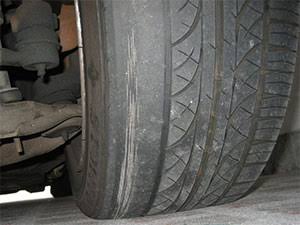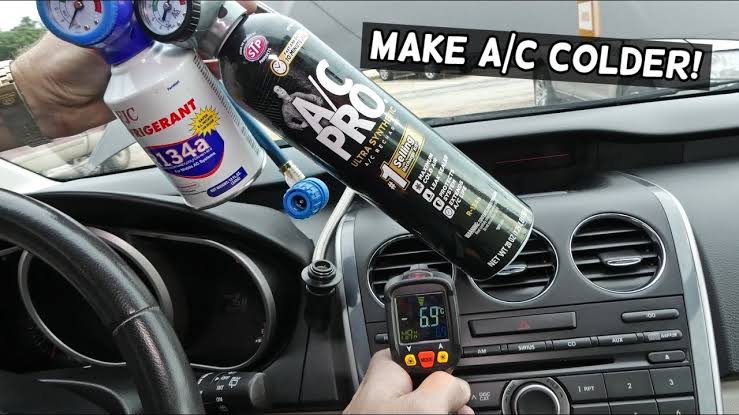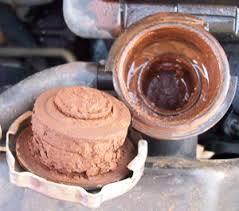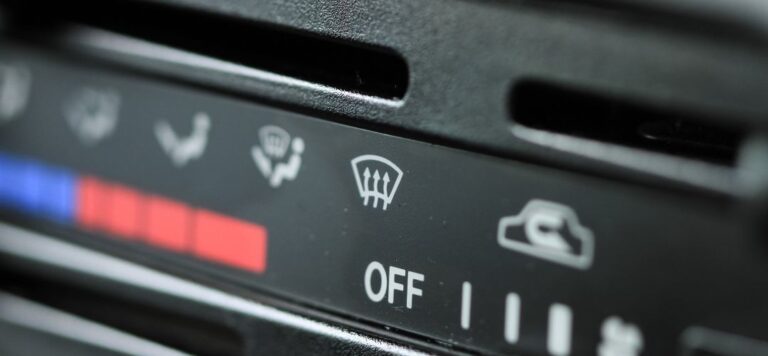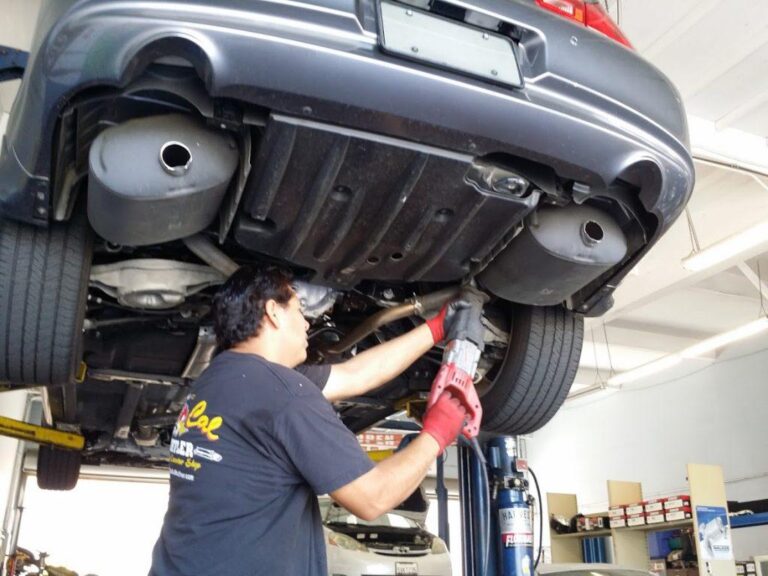Does Having the Heat On Waste Gas?

When temperatures drop, turning on your car’s heater is a necessity for comfort and safety. However, many drivers wonder: does having the heat on waste gas? The answer lies in how a car’s heating system operates and its relationship with the engine. In this article, we’ll break down the mechanics of car heaters and whether they impact fuel consumption.
How Does a Car Heater Work?
A car heater is powered by the heat generated by the engine. When your car runs, the engine produces heat as a byproduct of combustion. The heater system redirects this heat to warm up the cabin.
Key Components of the Heating System
- Engine Coolant: Absorbs heat from the engine and transfers it to the heater core.
- Heater Core: A small radiator inside the car that warms the air.
- Blower Fan: Circulates warm air into the cabin.
Unlike the air conditioning system, which requires additional energy from the engine, the heater uses heat that is already being produced, making it a relatively fuel-efficient system.
Does Having the Heat On Waste Gas?
The short answer is no—having the heat on does not directly waste gas. However, there are situations where using the heater may indirectly contribute to fuel consumption.
Why the Heater Doesn’t Directly Waste Gas
- The heater uses excess heat from the engine, which would otherwise be dissipated through the radiator.
- The blower fan that circulates warm air is powered by the car’s battery and alternator, not by fuel.
Why It May Indirectly Waste Gas
- Engine Warm-Up: On cold days, the engine takes longer to reach its optimal operating temperature, which can slightly increase fuel consumption.
- Idling: Letting the car idle to warm up the cabin burns fuel unnecessarily.
Fuel Efficiency and the Heater
Impact of Idling
Many drivers idle their cars on cold mornings to warm up the interior. While modern engines don’t require long warm-up periods, idling does consume fuel. Reducing idling time can save gas.
Driving vs. Idling
Driving your car gently warms up the engine faster than idling, reducing overall fuel usage.
Does the Heater Affect Gas Usage in Electric Cars?
In electric vehicles, the heater does not rely on an engine but instead draws power from the battery. This can reduce the driving range of the vehicle. To conserve energy, EVs often come with features like heated seats or steering wheels, which are more energy-efficient.
Tips to Use the Heater Efficiently
1. Limit Idling
Instead of idling for long periods, start driving gently to warm up both the engine and the cabin faster.
2. Use Heated Seats
If your car has heated seats or a heated steering wheel, these features can provide warmth without relying entirely on the cabin heater.
3. Use Defrost Sparingly
Defrost settings often activate the air conditioning system, which can increase fuel consumption. Use them only when necessary.
4. Maintain Your Car
Regularly check and maintain your car’s cooling and heating systems to ensure optimal efficiency.
FAQs
1. Does Turning on the Heater Affect My Fuel Economy?
Not directly. The heater uses heat already produced by the engine, so it doesn’t require additional fuel. However, prolonged idling or cold starts may slightly impact fuel efficiency.
2. Can I Use the Heater Without the Engine Running?
No, the car heater relies on the engine’s heat. Without the engine running, the heater won’t function.
3. Does the Heater Impact Electric Cars Differently?
Yes, in electric cars, the heater uses battery power, which can reduce the vehicle’s range.
4. Is It Better to Warm Up the Car Before Driving?
Modern cars don’t require extended warm-up times. Driving gently for a few minutes warms up the engine and the cabin more efficiently than idling.
5. Does Using the Heater Hurt the Engine?
No, using the heater doesn’t harm the engine. In fact, it helps cool the engine by drawing heat away through the heater core.
Conclusion
Having the heat on in your car does not directly waste gas. The heating system relies on excess engine heat, making it an energy-efficient way to warm up the cabin. However, prolonged idling or cold starts can slightly increase fuel consumption.
To maximize fuel efficiency, avoid unnecessary idling, use heated features wisely, and drive gently to warm up your car. Understanding how your car’s heating system works can help you stay comfortable without sacrificing fuel economy.
Also Check:
• Does Car Heater Consume Gas?
